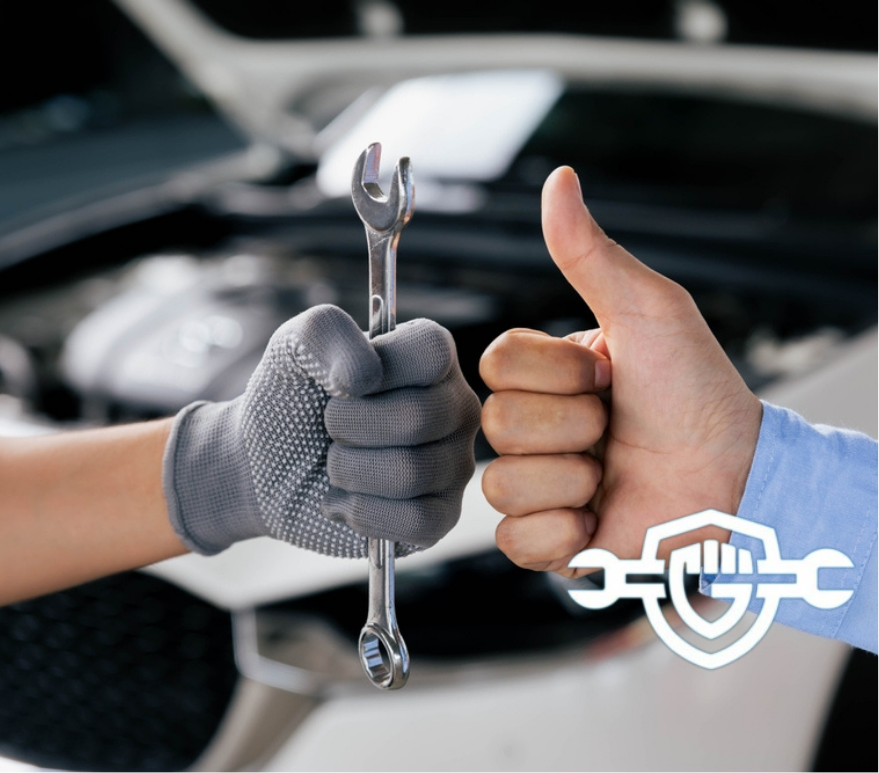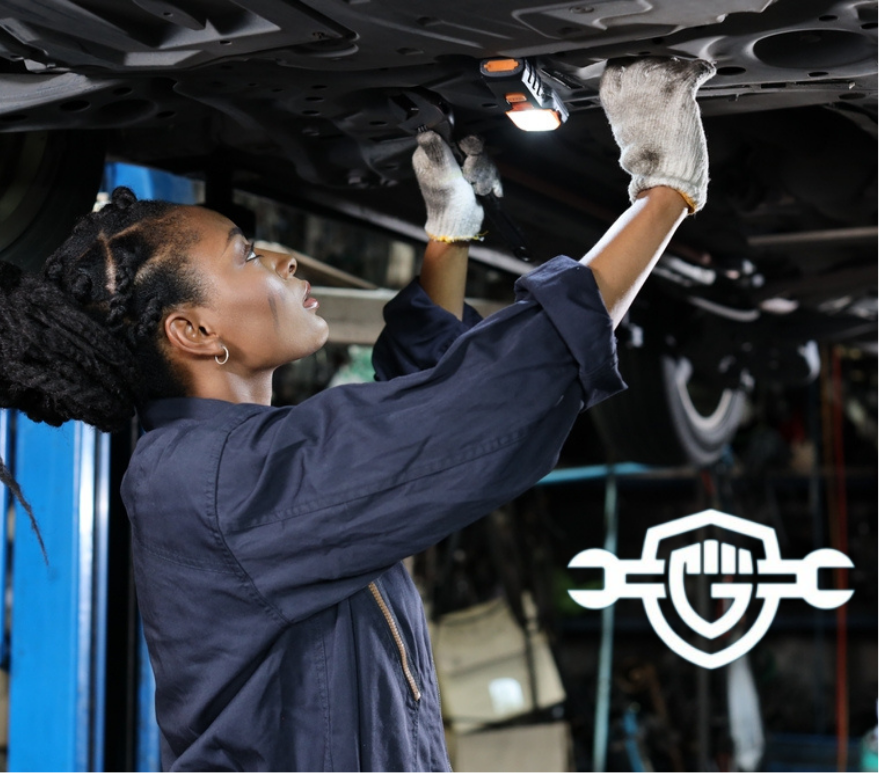How to Value an Auto Repair Business
Published on
December 1, 2025

Part 3: How Much Is My Shop Worth? Understanding the Offer Process
This article is part of our series, “The Real Story of Selling Your Shop: A Step-by-Step Guide for Auto Repair Business Owners.” Each post walks you through a different stage of selling your auto repair shop so you can make informed, confident decisions. If this is your first time here, we suggest you start with the earlier articles in the series that can be found here.
Why Shop Valuation Isn’t One-Size-Fits-All
One of the first questions every seller asks is, “What’s my shop worth?” The truth is, valuation isn’t just about revenue. Buyers consider multiple factors, including:
· Profitability/Cash Flow (EBITDA) – Earnings before interest, taxes, depreciation, and amortization, adjusted for one-time or non-recurring expenses.
· Customer base and reputation – Loyal, repeat customers and positive reviews can boost value.
· Staff stability and skill level – A well-trained team is a major asset to buyers.
· Growth potential – Opportunities to add services or expand operations make your shop more attractive.
· Quality of assets – Equipment and facilities that have been well-maintained and regularly upgraded will command a premium versus a situation where a buyer will need to make material capital investments shortly after acquisition.
Understand Deal Structures
Not all offers look alike. You might receive:
· All-cash deals – Paid upfront but may be lower than staged deals.
· Earn-outs – A portion tied to future shop performance.
· Seller notes – You provide financing for a portion of the purchase price with negotiable repayment terms and rates.
· Staged buyouts – Payments spread over time, often with you staying involved temporarily.
· Contingencies – Understand whether a potential buyer will require financing, employment agreements, or any other contingencies during the due diligence process which may put the transaction at risk.
Each structure has trade-offs. Consider your financial goals, timeline, and how much involvement you’re willing to have after selling.
Ways to Maximize Your Shop’s Value
To get the strongest offers:
1. Clean up your books – Accurate, organized financial records inspire buyer confidence.
2. Retain key employees – Low turnover signals stability.
3. Highlight opportunities – Show where the next owner can grow profits (new services, marketing, or technology).
4. Build a strong online presence –Positive reviews and local recognition matter to buyers.
5. Make yourself the least important person in your business – Buyers are often willing to pay a premium to inherit a team that can run the business in the owner’s absence; backfilling an owner who is the face of the business can be a high-risk proposition.
Avoid Surprises
Be upfront about any challenges, debts, or operational issues. Surprises during due diligence often lead to lower offers or failed deals. Honesty builds trust—and trust builds better offers.
Key Takeaway:
Your shop’s value is more than just its sales numbers. Profitability, reputation, team, and growth potential all matter. Prepare well and present your shop honestly to attract serious buyers.
Next Steps in This Series
· Up next: "What Happens After the Offer: Meetings, Due Diligence & Closing" – Get a clear picture of the process between saying “yes” and handing over the keys.
· Get the full picture: Download our free Seller’s Guide PDF below for valuation checklists and prep tips.
· Ready to discuss your shop’s value? Contact us for a confidential chat.
.png)

